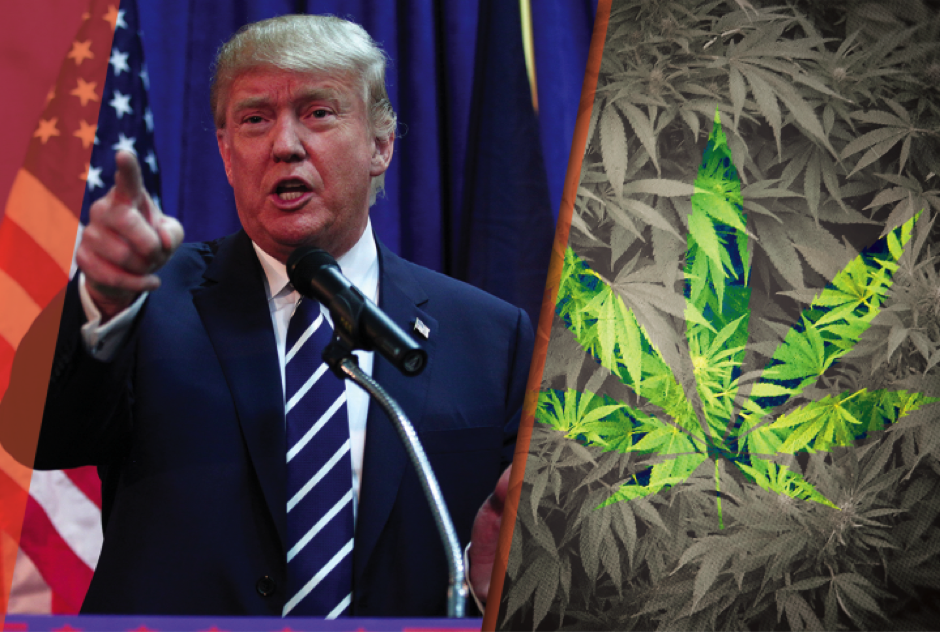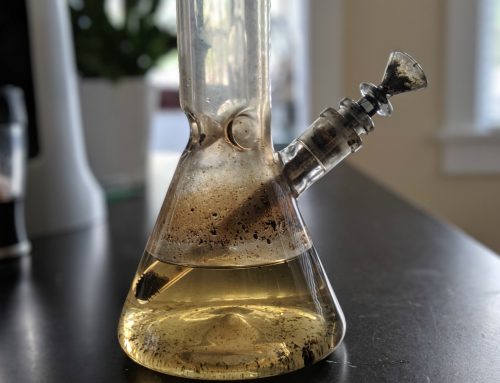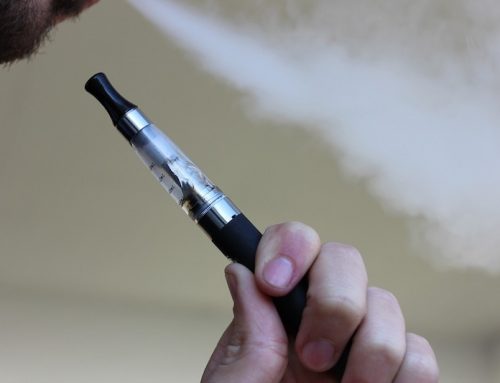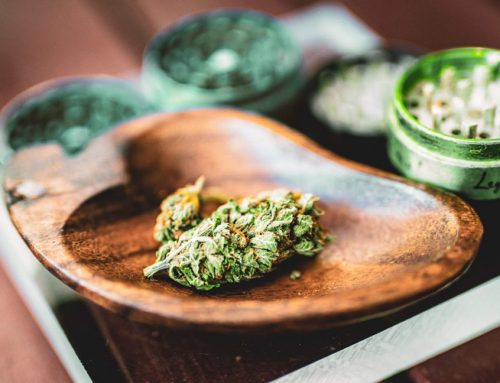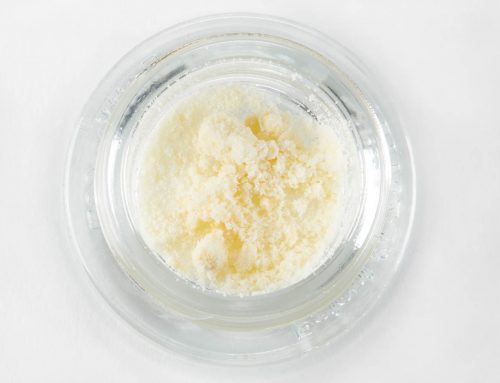Once again, Donald Trump has held the kind of press conference that resulted in most of those in attendance left scratching their heads a little. He’s become known for his somewhat rambling and confusing speeches as of late – particularly those aimed at the press. In this instance though, he was introducing the world to his latest nominee for Labor Secretary, Alexander Acosta. This particular appointment is geared toward ensuring that the on-going flood of drugs from south of the border into the US is halted in its tracks, with Trump having expressed concern that drugs are now as cheap as candy.
“We’ve ordered the Department of Homeland Security and Justice to coordinate on a plan to destroy criminal cartels coming into the United States with drugs,” Trump said.
“Drugs are becoming cheaper than candy bars. We’re not gonna let it happen any longer,”
“We’re becoming a drug-infested nation,” he continued.
Once again therefore, Trump has made it clear that as far as he’s concerned, America’s drug problem is entirely the fault of Mexico’s infamous cartels. Which is, as we all know, one of his most pressing arguments to justify building his wall across the entire US/Mexico border.
On the plus side, any and all attention that Trump and Co. decided needs to be focused on the flow of drugs into the country means less time and fewer resources to attack the fledgling legal cannabis trade. Not that we know this is what they have in mind, but any kind of reassurance right now is a good thing. Which counts double when it comes to Jeff Sessions, who apparently chatted with Sheriff Scott Jones of Sacramento recently and seemed to suggest he was more bothered about drug cartels than the legal US cannabis trade.
“Regarding the prioritization of federal resources to combat marijuana, he didn’t see the federal government getting involved in marijuana use or low-level state, what are traditionally state and local crimes,” he said during an interview with Capital Public Radio.
“But I don’t think he ruled out the possibility of the federal government getting involved in larger-scale operations.”
Legalization the Best Way to Stem the Flow
Whichever way you look at it though, anything that has a positive impact on the reduction and prevention of drugs making their way over the border can only be a good thing. What’s interesting to note is the way in which the single most effective means by which illegal imports can be ousted altogether is to render them obsolete. In terms of cannabis, that’s exactly what’s starting to happen as the US begins to embrace legal pot. Since 2015, there’s been a reported plummet in the number of confirmed attempts to sneak cannabis in the US from Mexico – the lowest level recorded in over ten years.
All of which should at least serve as food for thought for people like Sessions, for whom the idea of cannabis legalization in any form was and perhaps still is nothing short of unthinkable. Time continues to show how legal cannabis is both stemming the tide of illegal drug dealing and reducing the number of younger people using cannabis. Evidence that entirely contradicts the claims and cries of critics, who for the most part insisted that legal cannabis would lead to the downfall of society.
Of course, none of the above applies to the illegal import and trade of more dangerous drugs like heroin and cocaine, which continue to enter the US almost exclusively from the south. So really any initiative that sees time and attention diverted from domestic cannabis issues to the trafficking of potentially deadly drugs can only be a good thing.
Assuming of course, that’s what happens.

